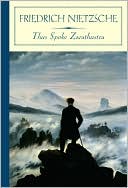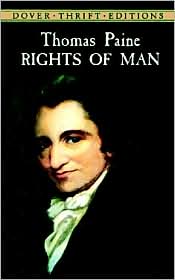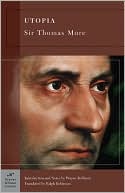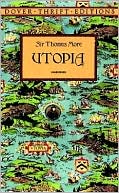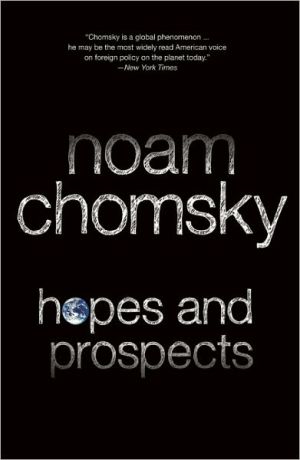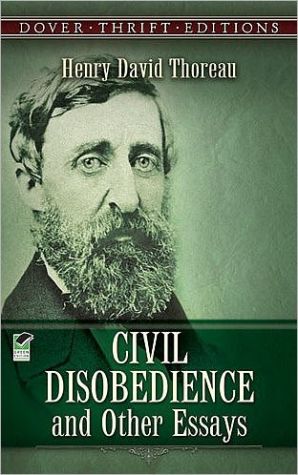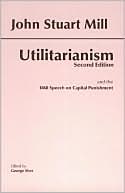Wittgenstein's Vienna Revisited
Fin de siecle Vienna was once memorably described by Karl Kraus as a "proving ground for the destruction of the world." In the decades leading to the World War that brought down the Austro-Hungarian empire, the city was at once an operetta dream world masking social and political problems and tension, as well as a center for the far-reaching explorations and innovations in music, art, science, and philosophy that would help to define modernity. One of the most powerful critiques of the...
Search in google:
"Fin de siecle Vienna was once memorably described by Karl Kraus as a "proving ground for the destruction of the world." In the decades leading to the World War that brought down the Austro-Hungarian empire, the city was at once an operetta dream world masking social and political problems and tensions, as well as a center for the far-reaching explorations and innovations in music, art, science, and philosophy that would help to define modernity. One of the most powerful critiques of the retreat into fantasy was that of the philosopher Ludwig Wittgenstein, whose early career in Vienna has helped frame debates about ethical and aesthetic values in culture. In Wittgenstein's Vienna Revisited Allan Janik expands upon his work Wittgenstein's Vienna (coauthored with Stephen Toulmin) to amplify a number of significant points concerning the genesis of Wittgenstein's thought, the nature of Viennese culture, and criticism of contemporary culture."--BOOK JACKET. Booknews These dozen essays (all previously presented as lectures or published articles) continue Janik's preoccupation with the philosopher, in this case by considering the origins of a critical attitude of modernity in Vienna 1900 and its influence on Wittgenstein. The impact on Wittgenstein of various luminaries is described, including Wagner, Offenbach, Otto Weininger, Ibsen, Schoenberg, Nietzsche, and Georg Trakl, as are the larger themes of religion, philosophy of language, and psychoanalysis. Annotation c. Book News, Inc., Portland, OR (booknews.com)
ForewordIntroduction: How Not to View Vienna 190011The Critical Modernism of a Viennese Composer152Weininger's Critique of a Narcissistic Culture373Weininger, Ibsen, and the Origins of Viennese Critical Modernism594Ebner Contra Wagner: Epistemology, Aesthetics, and Salvation in Vienna, 1900855Offenbach: Art between Monologue and Dialogue1056Saint Offenbach's Postmodernism1197Saying and Showing: Hertz and Wittgenstein1478Wittgenstein's "Religious Point of View"1719Kraus, Wittgenstein, and the Philosophy of Language18510Wittgenstein, the Vienna Circle, and European Culture19711Wittgenstein on Madness, Mistakes, Metaphysics, and Method21312"Ethik und Asthetik Sind Eins": Wittgenstein and Trakl225Notes247Index281
\ From the Publisher"The book is rich in insight...it should be taken seriously by cultural historians. Recommended for undergraduate to research level readers." —Choice\ \ \ \ \ BooknewsThese dozen essays (all previously presented as lectures or published articles) continue Janik's preoccupation with the philosopher, in this case by considering the origins of a critical attitude of modernity in Vienna 1900 and its influence on Wittgenstein. The impact on Wittgenstein of various luminaries is described, including Wagner, Offenbach, Otto Weininger, Ibsen, Schoenberg, Nietzsche, and Georg Trakl, as are the larger themes of religion, philosophy of language, and psychoanalysis. Annotation c. Book News, Inc., Portland, OR (booknews.com)\ \

